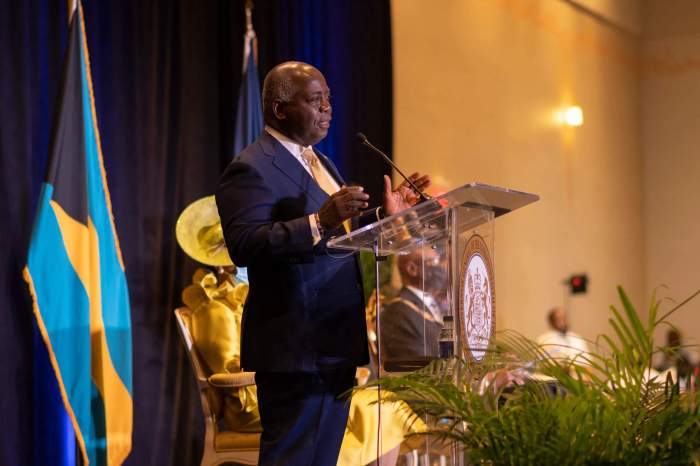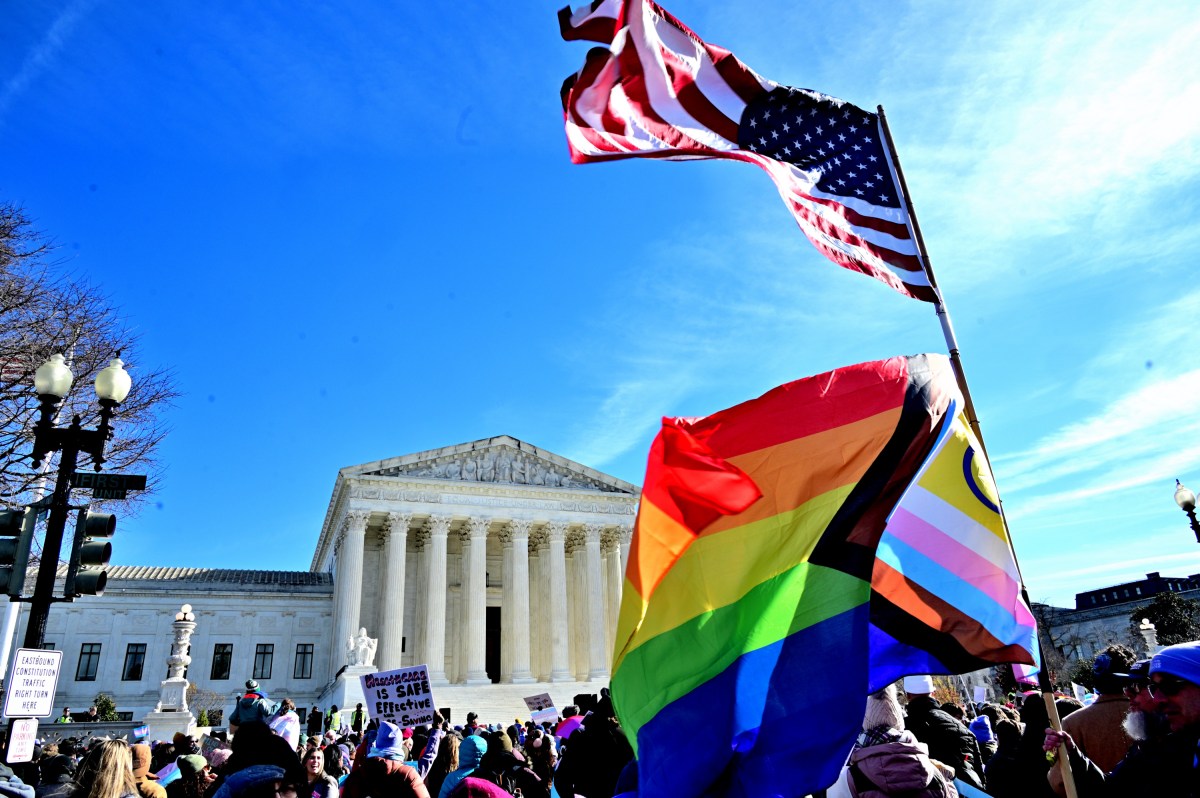One Caribbean NYC said on Sunday that it will be partnering with the Mayor’s Fund to Advance New York City, the Mayor’s Community Affairs Unit, the Public Advocate’s Office and elected officials, among others, in hosting a major fundraising concert on Dec. 1, at Resorts World Casino in Queens, to aid the Bahamas hurricane relief efforts.
“Caribbean American entertainment community has organized, and planned a fundraising concert in support of a hurricane disaster in the Caribbean region,” said One Caribbean NYC in a statement.
“This highly anticipated benefit concert will showcase internationally recognized DJs and artists, who will come together for one day to raise funds and support those impacted by the effects of the devastation in the Bahamas,” it added.
“We anticipate over 3,000 attendees to come and support this important cause,” One Caribbean NYC continued. “Let’s Connect!”
The group, which was formed only this year, was expected on Tuesday to be joined, at a press conference, on the steps of City Hall, by “numerous partners and supporters,” including the Brooklyn-based Caribbean American Chamber of Commerce (CACCI), Young Gifted & Black and the United Nations Children’s Fund (UNICEF).
Invited legislators included Councilmembers Adrienne Adams, Donovan Richards, Laurie Cumbo, Alicka Samuel and Farah Louis; Congressional Reps. Yvette D. Clarke and Gregory Meeks; and Assemblymembers Nick Perry and Diana Richardson.
One Caribbean NYC noted that natural disasters throughout the Caribbean region “have become increasingly active; and, with a growing population of 4.4 million-plus Caribbean immigrants who reside in New York City, it is imperative that we support our neighboring countries in time of dire need.”
On Friday a new Inter-American Development Bank (IDB) report estimated the total cost of the impacts and effects of Hurricane Dorian on the Bahamas at US$3.4 billion, “with hundreds dead or missing and impacts on the economy that will last for years.”
The Washington, D.C.-based financial institution said the estimate comes out to over a quarter of the country’s gross domestic product (GDP), or the equivalent of the US losing the combined economic outputs of California, Texas and Florida.
“The magnitude of the losses requires a new development approach to achieve climate and disaster resilience in areas that range from location of settlements to redesigning infrastructure and strengthening environmental protection,” says the report, “Assessment of the Effects and Impacts of Hurricane Dorian in the Bahamas.”
The IDB said that the number of confirmed deaths caused by Hurricane Dorian is 67, with 282 persons still missing as of Oct. 18, 2019.
An additional 29,472 persons were affected by the hurricane by damages to their homes and assets, the IDB said.
It noted that, between Sept. 1 and 3, Hurricane Dorian struck Grand Bahama and Abaco with “punishing winds and storm surges,” with the island of New Providence also suffering some impacts.
“Inadequate construction and infrastructure located in vulnerable areas exacerbated the storm’s impacts,” the IDB said.
Daniela Carrera-Marquis, IDB representative, said: “It is important that those directly affected by the disaster feel the presence and solidarity of the government throughout the difficult process ahead.
“Reconstruction efforts will last many years, and will require a well-coordinated participation of public and private sectors, civil society and the international community,” she said.
The IDB said the government of the Bahamas asked it to assess the impacts of Hurricane Dorian.
As part of a long-standing partnership, the IDB said it teamed up with the United Nations Economic Commission for Latin America and the Caribbean (ECLAC) for technical assistance with the valuation.
The taskforce was complemented by the Pan-American Health Organization (PAHO), the IDB said.
“Hurricane Dorian left a trail of destruction to houses, essential infrastructure and entire ecosystems that will require major investments,” said Omar Bello, Coordinator for the Sustainable Development & Disaster Unit at ECLAC and a lead author of the report.
“The economy and livelihoods will be impacted for years to come from the temporary absence of damaged assets, especially those of tourism and fisheries,” he added.
The IDB said the Damage and Loss Assessment (DaLA) team of external experts, ECLAC, PAHO and IDB staff started in early October “the complex task of collecting relevant baseline and post-disaster data to assess the effects and impacts of the disaster.”
The IDB said the US$3.4 billion impact was divided as 72 percent in damage, 21 percent in losses and 7 percent in additional costs, with the private sector absorbing almost 90 percent of total losses.
Abaco suffered 87 percent of the losses and 76 per cent of the damage, the IDB said.
It added that the housing sector suffered the highest damage, while tourism sector bore most of the losses.
The IDB said the Bahamian economy is expected to grow 0.9 percent post-disaster.
It said the impact of Hurricane Dorian is percentage point of GDP, resulting in a decrease in salaries of US$51.3 million and of capital income of US$60.9 million.
As a long-term prospect for the Bahamas, the report says “achieving disaster and climate change resilience will require rethinking development strategies, the location of settlements, redesigning infrastructure, securing better data and information management, and strengthening environmental protection as a first protection barrier against natural hazards.”
One Caribbean NYC said it is “committed to prioritizing responses to international emergencies affecting families throughout the Caribbean.”



















